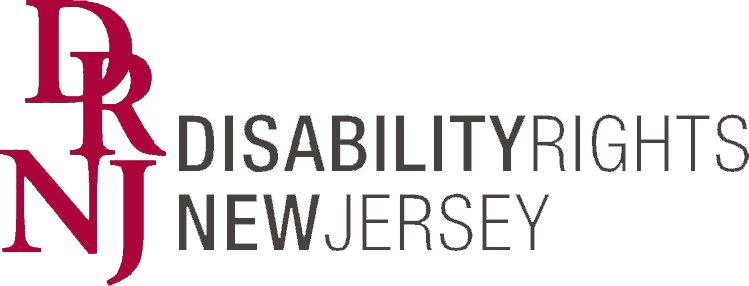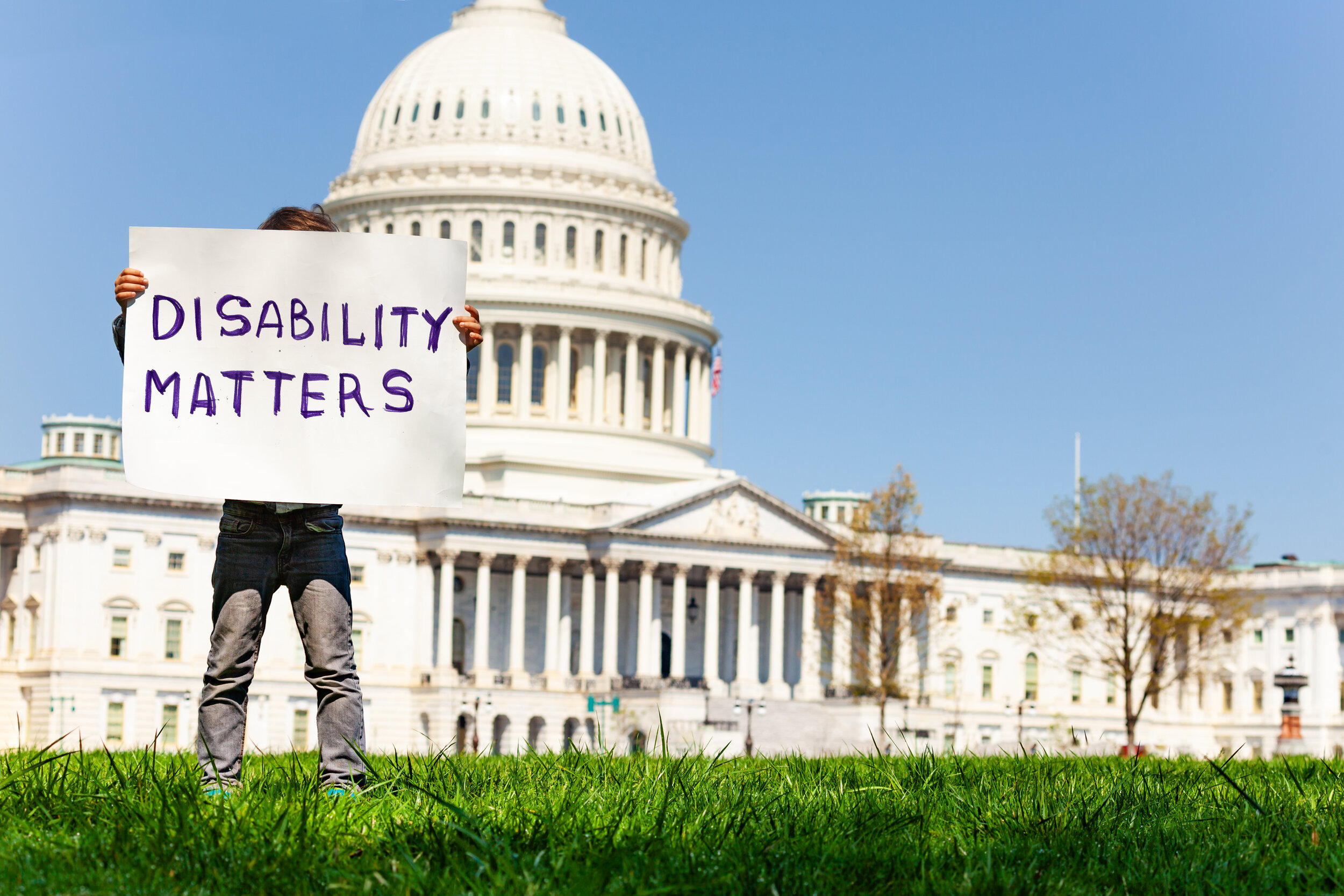
When Can I Get Out of Here? The Olmstead Decision 22 Years On
On this date in legal history, we look back at one of the most momentous U.S. Supreme Court decisions in disability rights history: Olmstead v. L.C. On June 22, 1999, Justice Ruth Bader Ginsburg wrote for a 6-3 majority in holding that the unnecessary institutionalization of people with disabilities constituted illegal discrimination under the Americans with Disabilities Act. In the years since, people with disabilities and their advocates have continued to fight for recognition as full members of society. The history of Olmstead and the Americans with Disabilities Act informs future impacts on community inclusion advocacy. Several of Disability Rights New Jersey’s litigation efforts reduced this type of systemic discrimination in New Jersey, but the risk and reality of segregation remains.
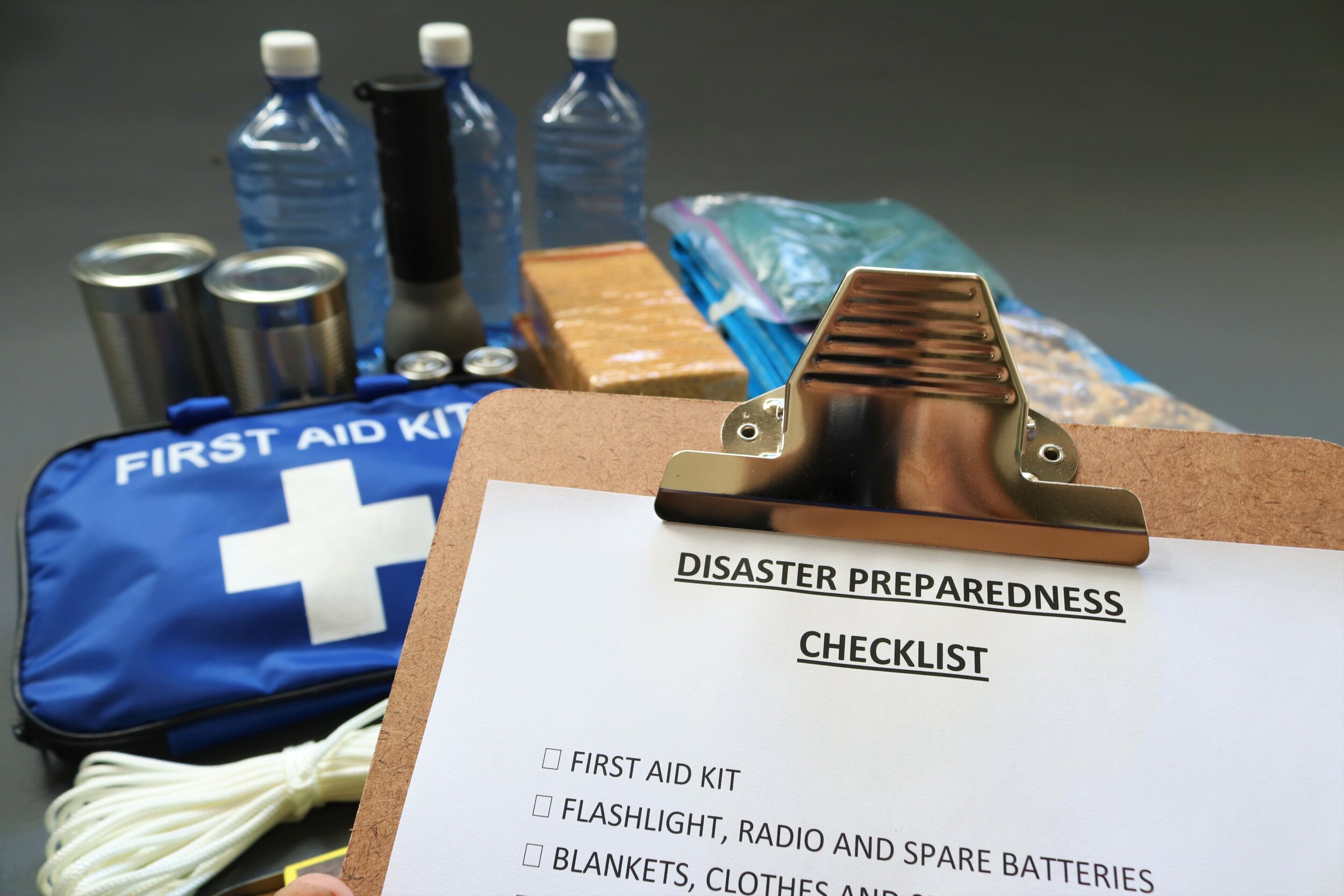
It’s Hurricane Season: How to Plan for an Emergency When You Have a Disability
2011 brought devastating floods to inland New Jersey with Hurricane Irene, only to be followed by Superstorm Sandy, the next year, the fourth-worst storm in U. S. history. Though downgraded to a tropical storm when it made landfall, Sandy was more than 1000 miles wide, three times the size of a typical hurricane. Its destructive winds leveled many communities along the coastline as it hit during high tide and merged with high- and low-pressure systems both north and south of New Jersey, earning it the title of a “superstorm.”
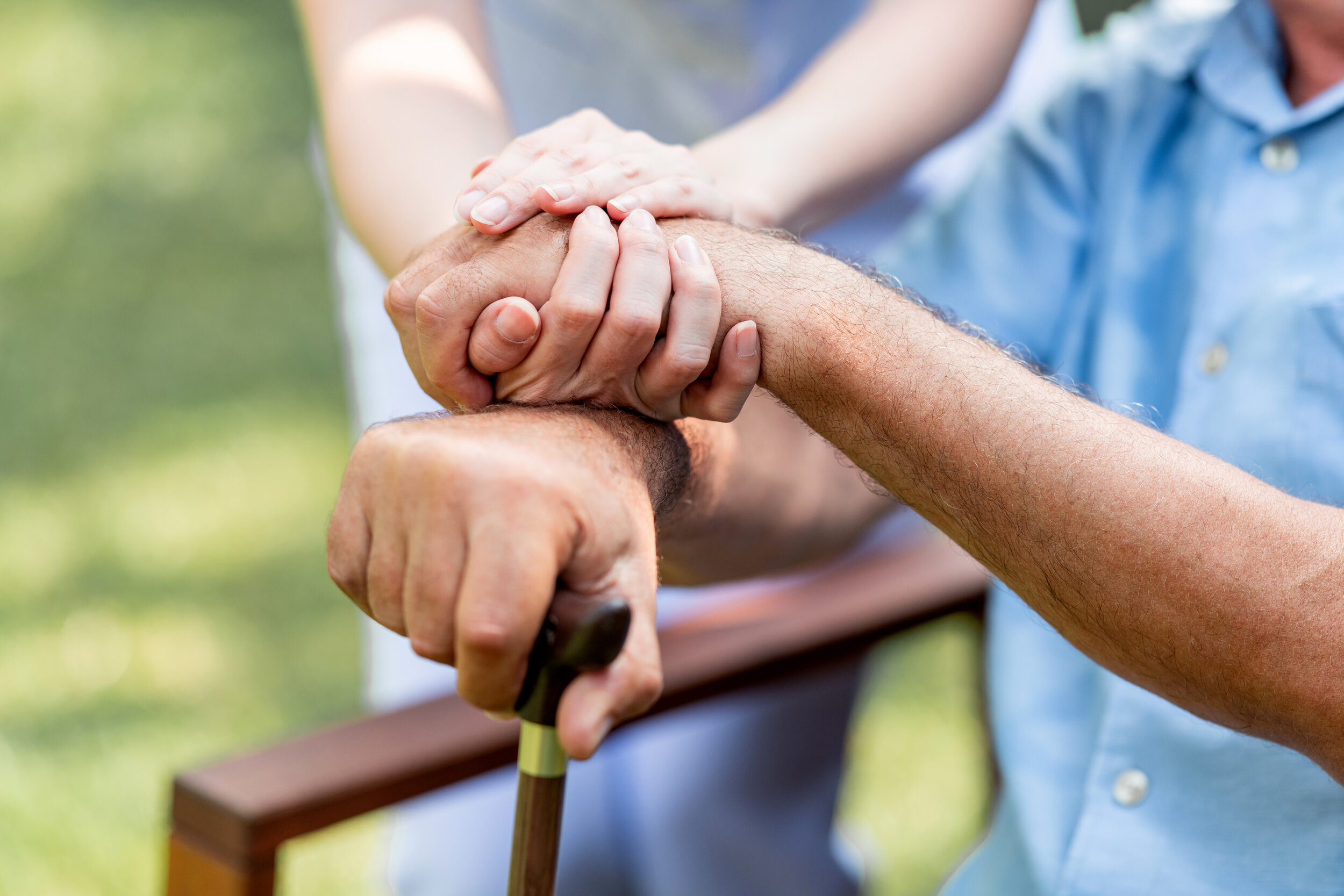
Psychiatric Advance Directives: Helping You Take Control of Your Health Care Planning
During a health care emergency, it can be comforting to know that your treatment preferences will be respected. However, if you or a loved one are in a mental health crisis, it might be very difficult to make sound decisions, particularly about treatment. A “Psychiatric Advance Directive” or “PAD” is a legal document that assigns a mental health care representative to make treatment decisions if someone is in a mental health crisis. A PAD can give you peace of mind that you or your loved one will have their health care wishes respected during a mental health crisis. A PAD can even shorten the length of a mental health crisis by giving treating doctors helpful information regarding a person’s mental health history.
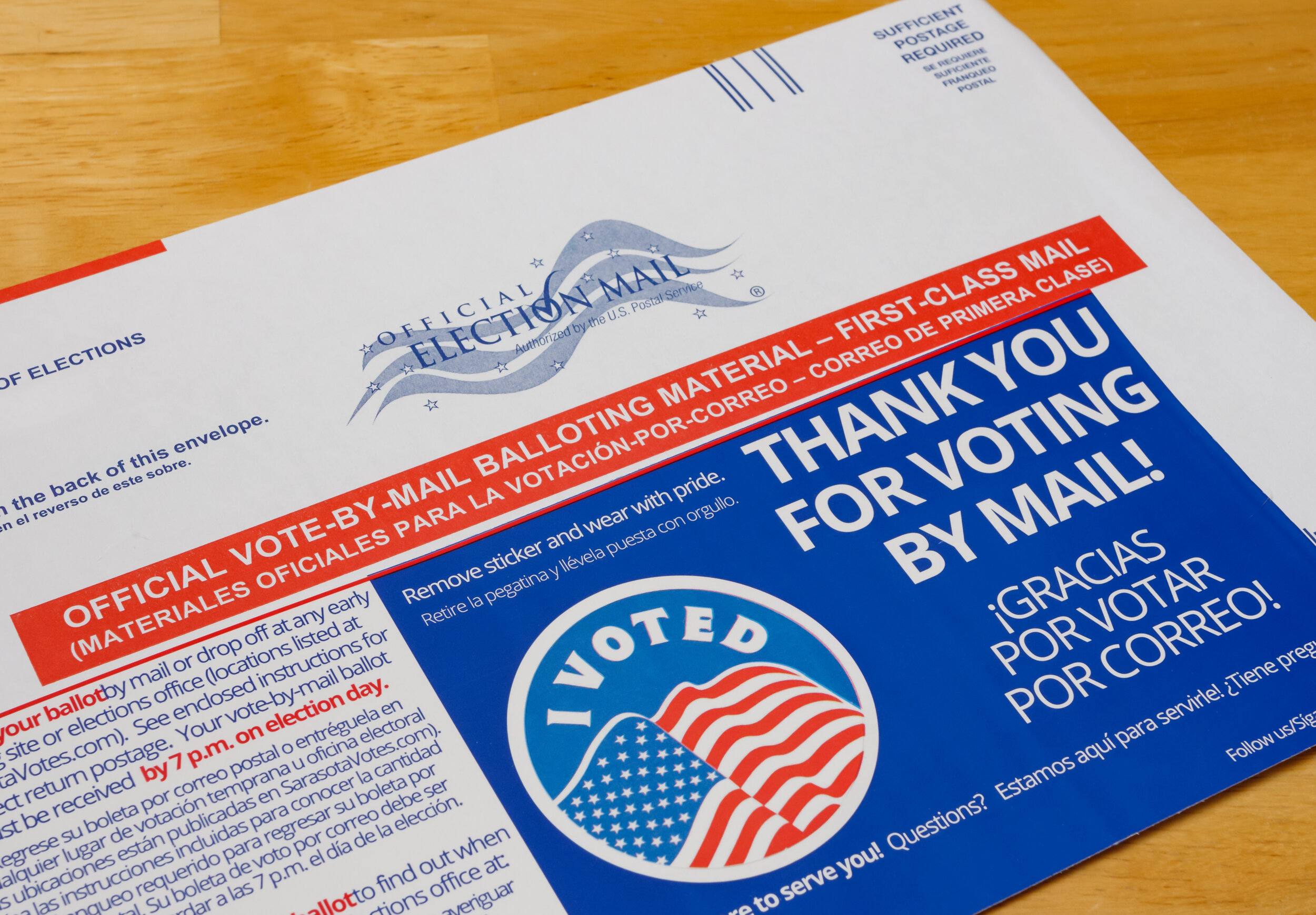
Voting in New Jersey: What Individuals with Disabilities Need to Know About the 2021 Election
Voting is a fundamental right. We, as a country and as a state, have held elections during all kinds of national and state crises such as the Civil War, the Great Depression, and more recently, Superstorm Sandy. Each crisis brought its own challenges to the voting process, but we have always managed to vote. Last year, voting during a global pandemic created a whole new set of public health concerns for the voters as well as the election officials. To mitigate the risk. Governor Murphy, through executive orders, changed the format of the primary and general election to all vote-by-mail. Due to the efforts of election officials, stakeholders who worked to educate the public, and the voters, New Jersey had the highest turnout ever for a general election.
